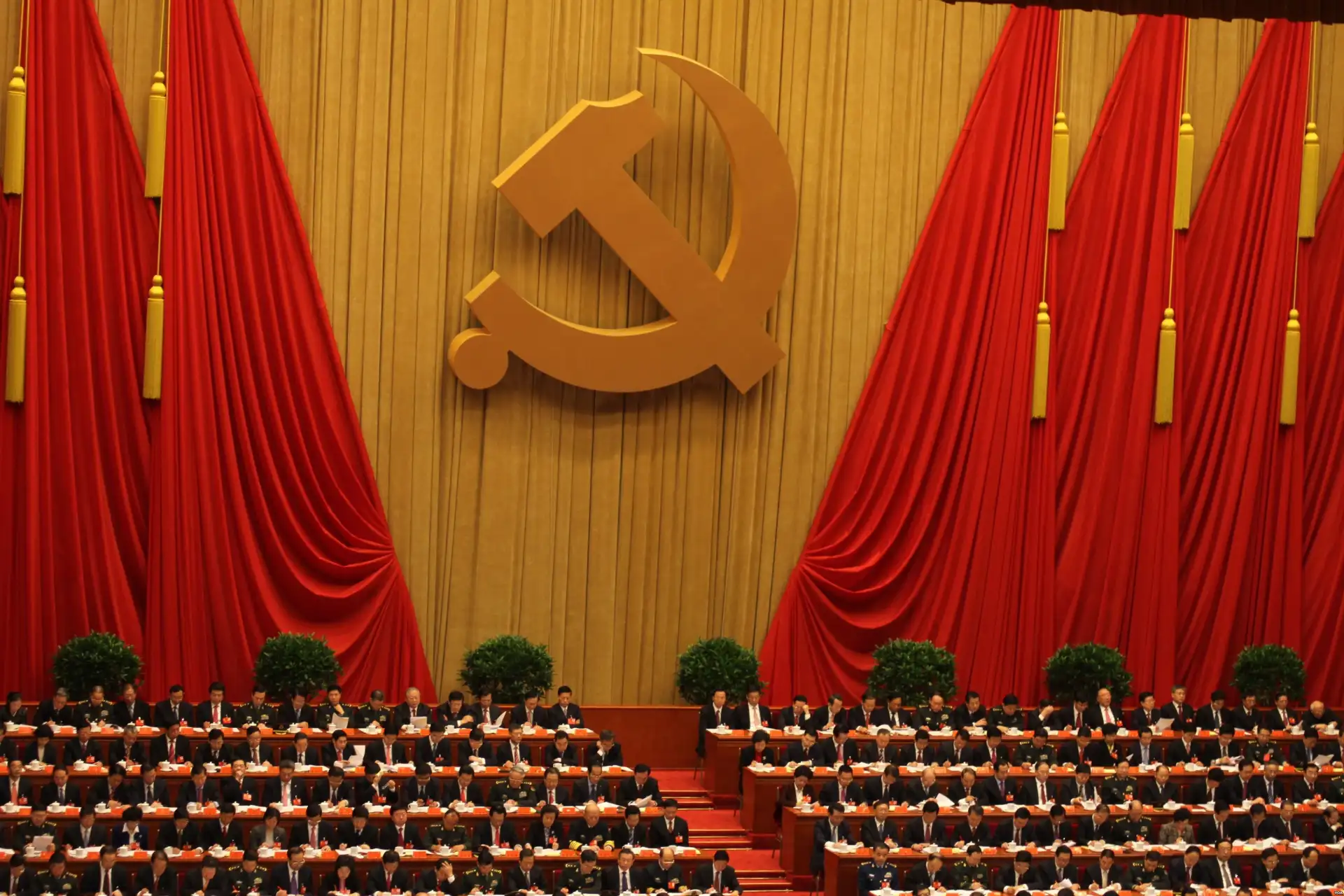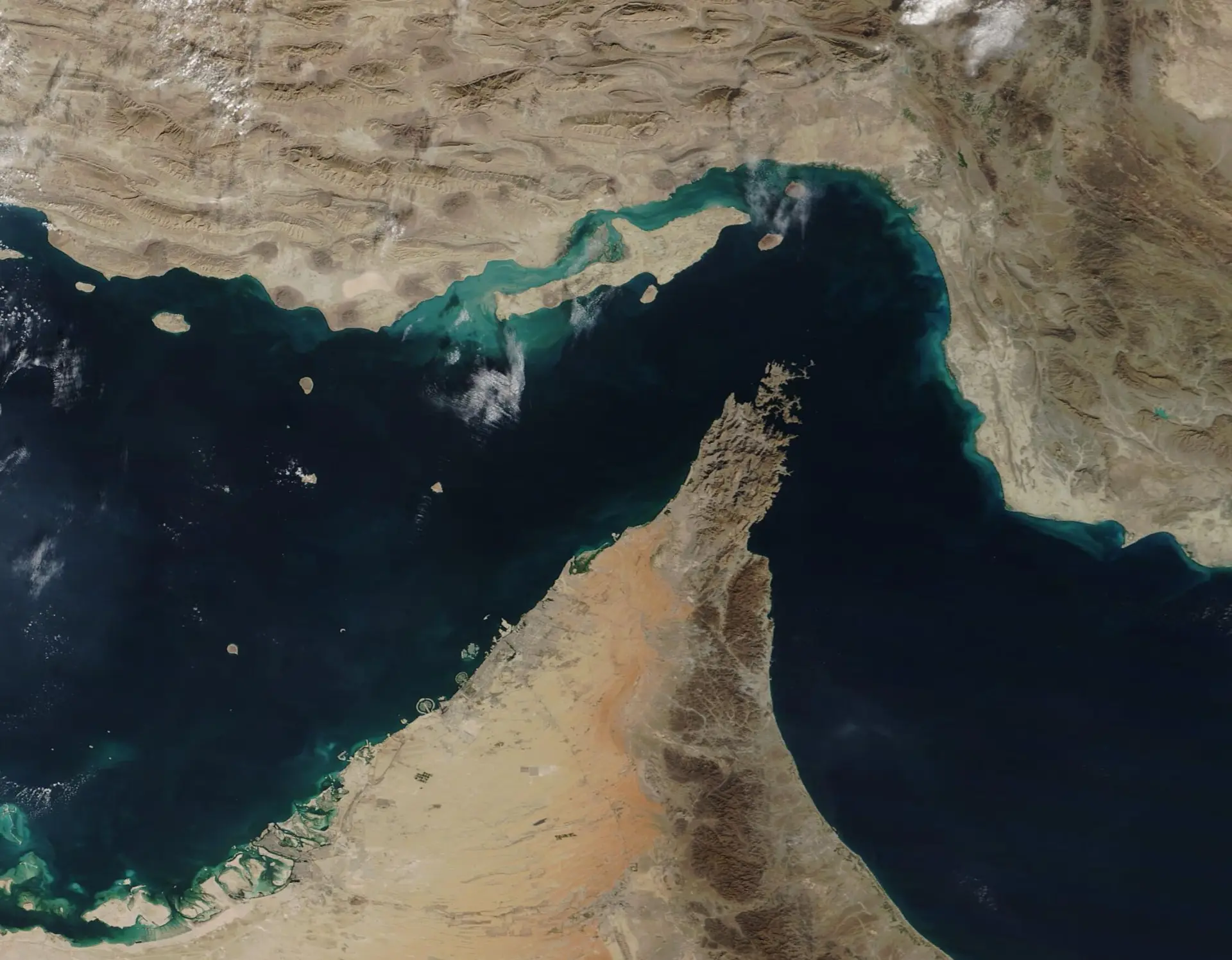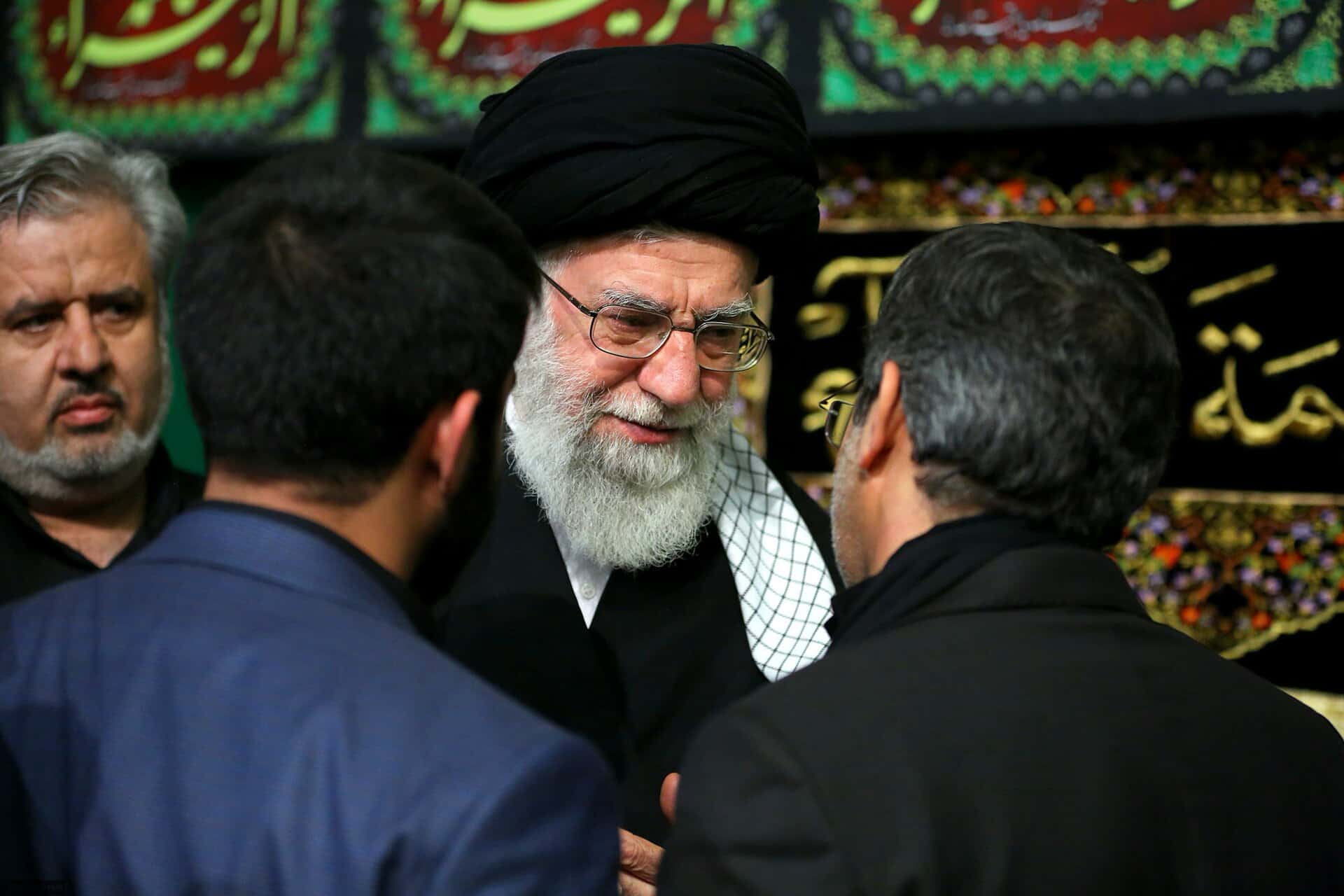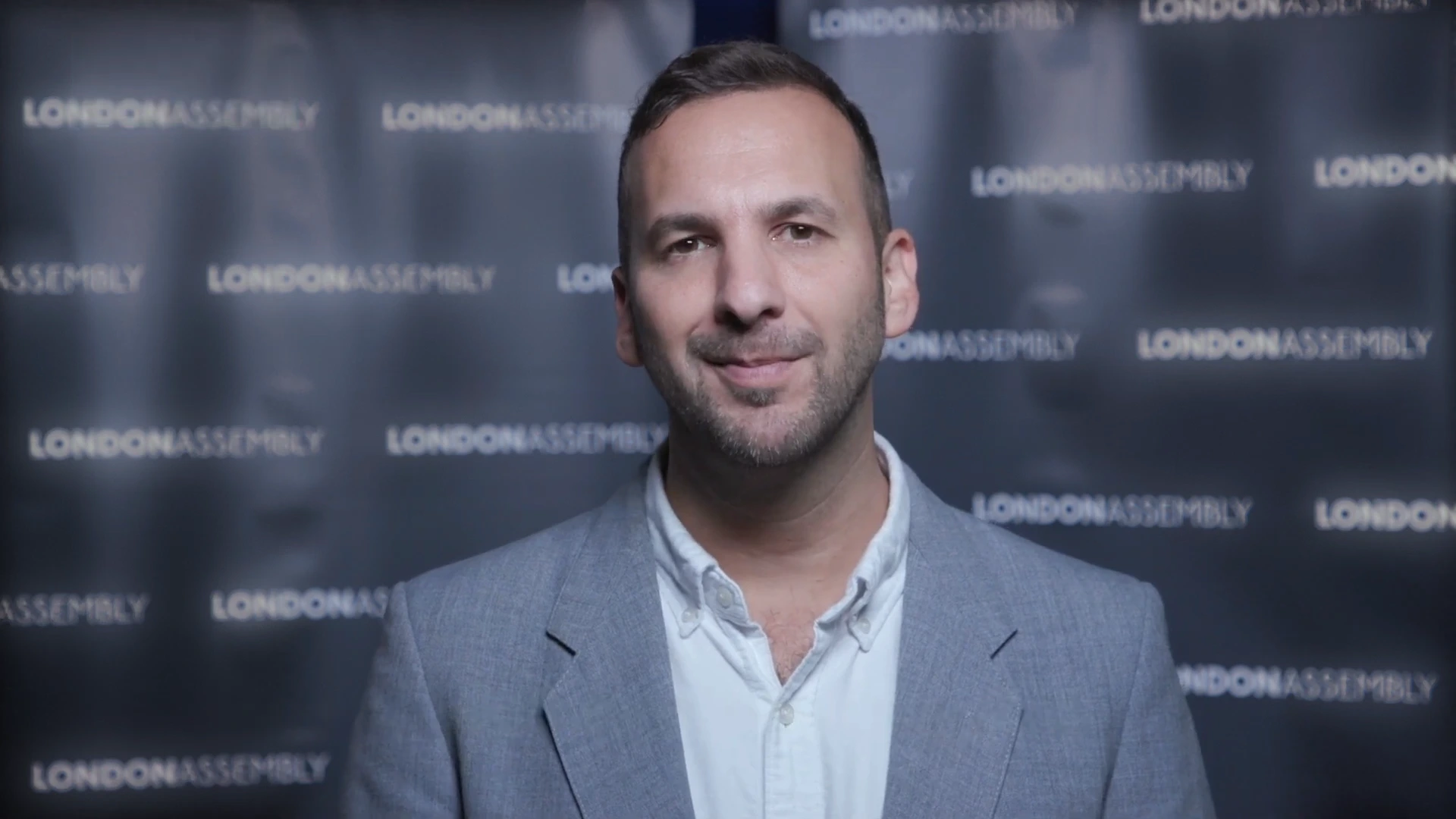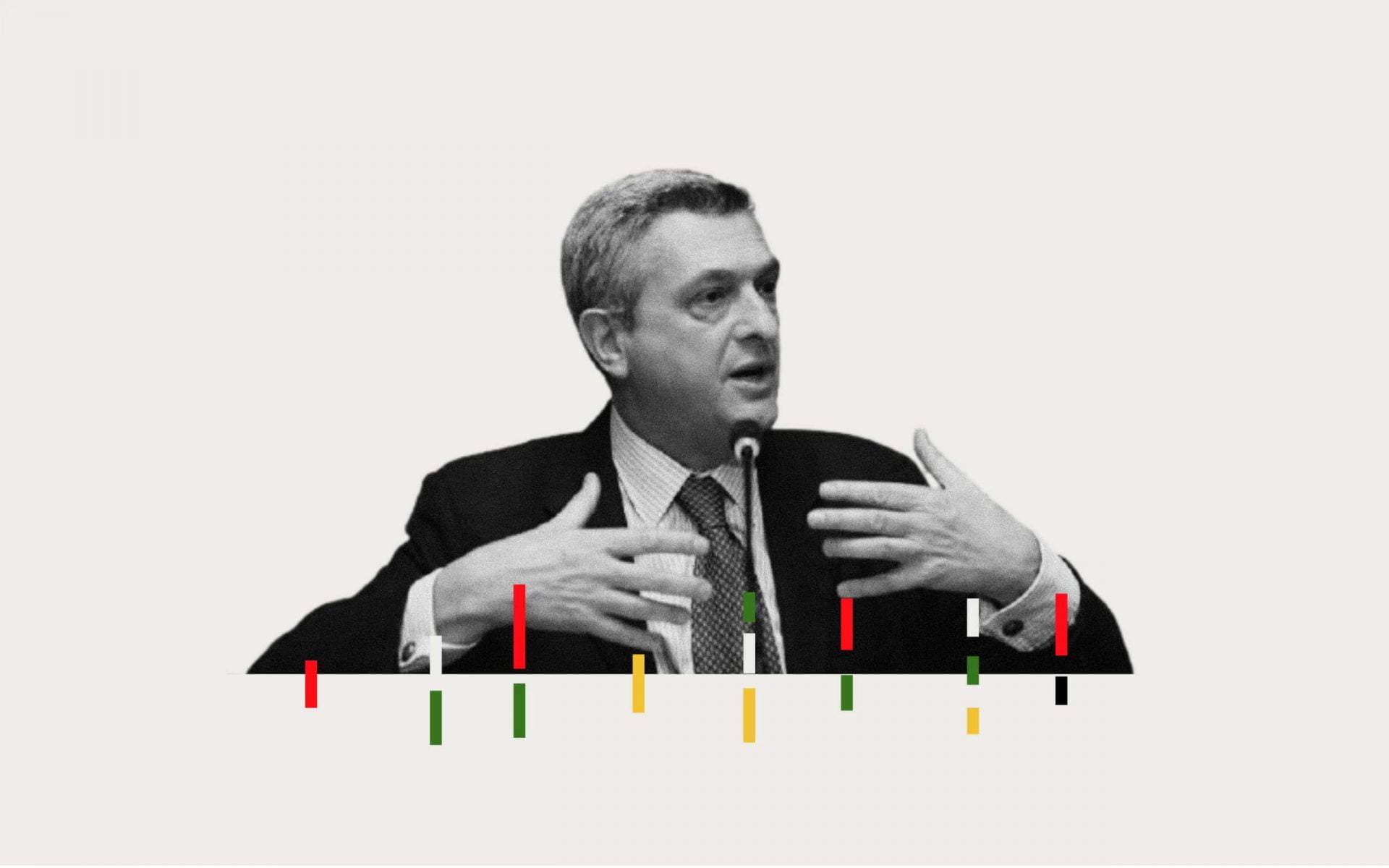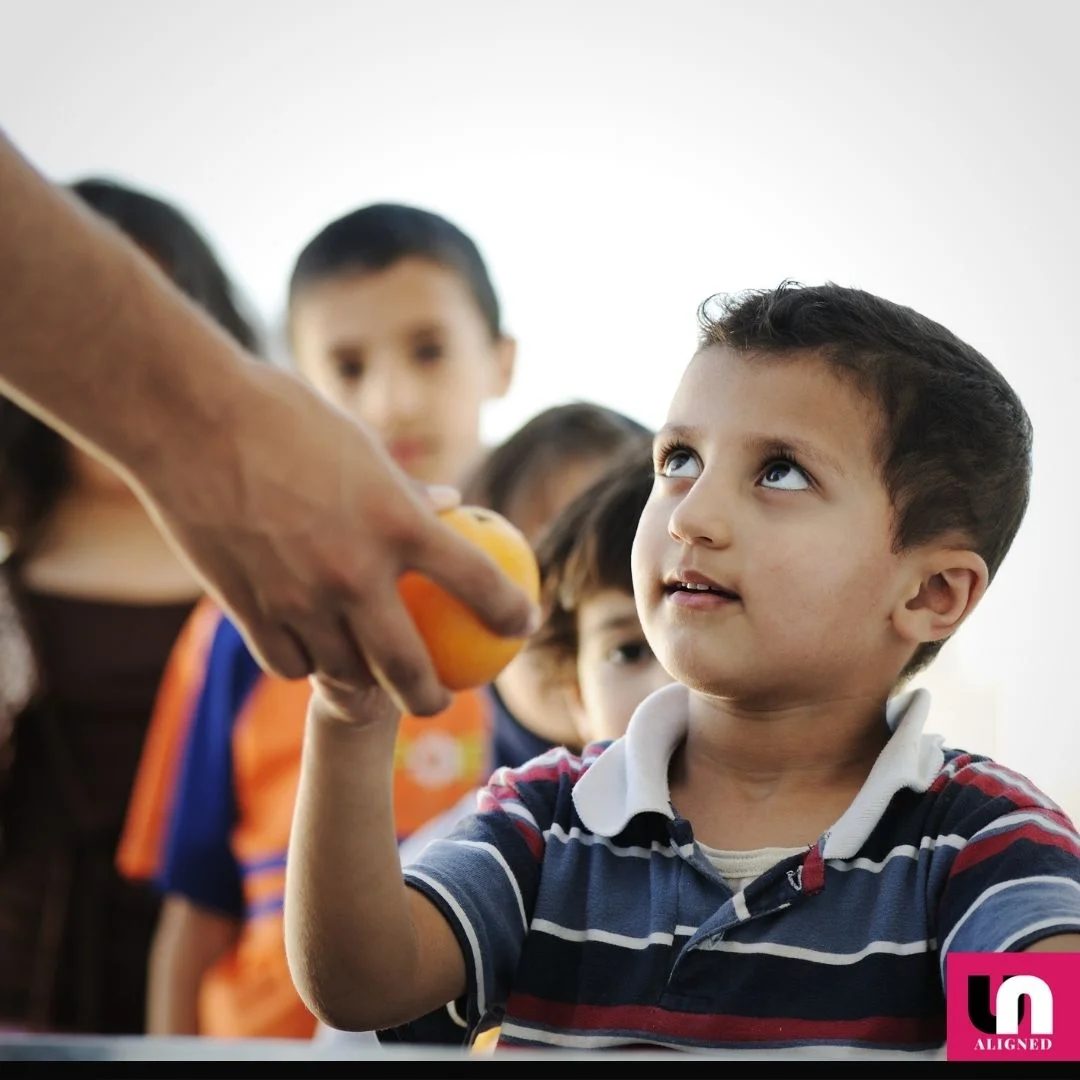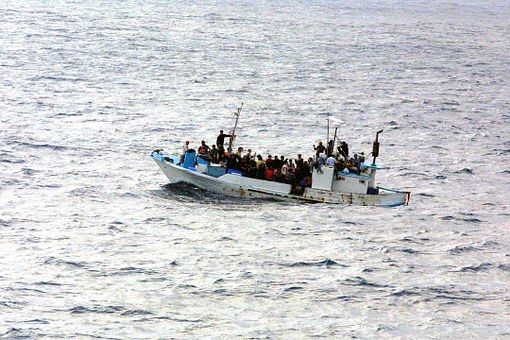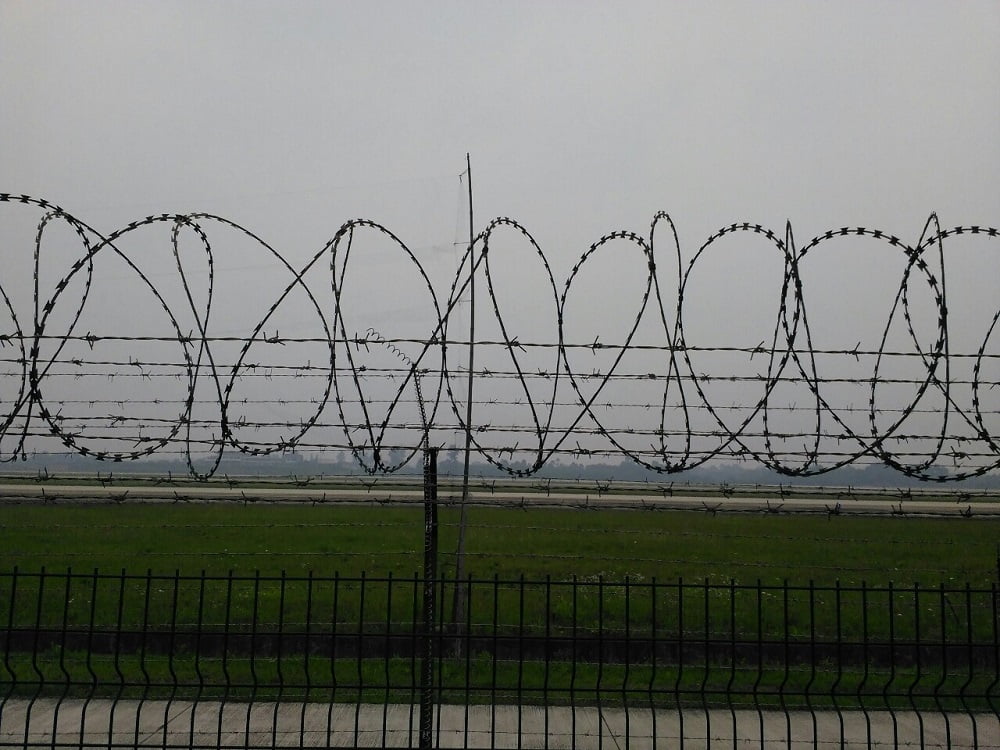Syrian Refugees Heading for Another Tough Winter
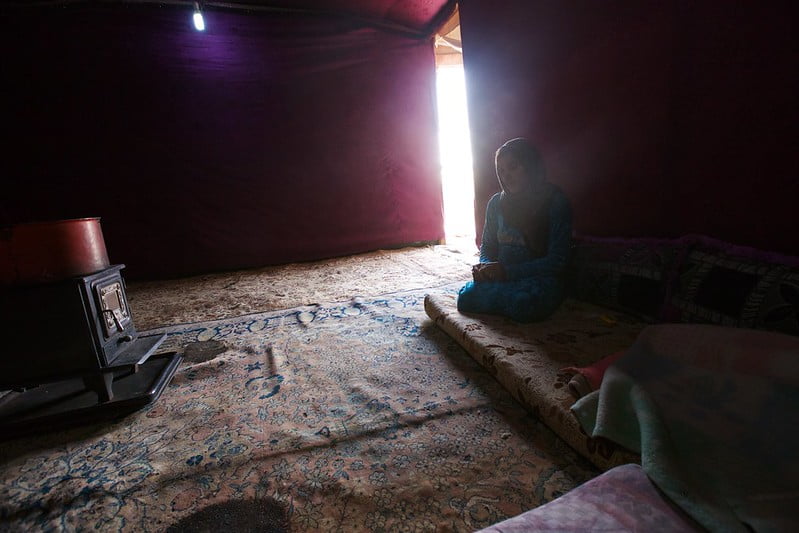
The mere mention of the word ‘refugee’ immediately evokes scenes of pain, sadness, hardship and cold.
Syrian refugees in Lebanon seem fated to suffer in all seasons. After the summer heat they face a wave of frost and snow, with cracked tents that do not protect against cold or rain. In addition, the lack of heating, coupled with malnourished bodies, means that the coronavirus is much more of an existential threat. They suffer; just as migrants and other refugees do, whether it is on the Belarusian-Polish border or elsewhere.
The suffocating economic crisis in Lebanon, as well as legal and administrative procedures, have increased the suffering of the estimated 1.5 million Syrian refugees here, most of whom do not have employment and health care opportunities. Moreover, there is widespread illiteracy and ignorance among children in these camps because of the difficulty of sending them to school.
The Lebanese state, which is suffering from corruption, an economic crisis and the prospect of financial collapse, has not recognized them as refugees. This has exacerbated their suffering, with about 20 percent of Syrian refugees over the age of 15 having legal residence and 89 percent now living on less than $25 per month per person, according to UNHCR. Lebanon’s monthly minimum wage fell from $450 in 2019 to about $60 in 2021, pushing up prices for basic foodstuffs such as lentils and tomatoes, meaning more Lebanese are now relying on ration assistance just as most refugees are.
Every year as winter approaches, the suffering of Syrian refugees begins to increase dramatically, especially this year because of everything I mentioned earlier. A lack of resources and no solutions by UNHCR in Lebanon, or organizations speaking on behalf of refugees, is allowing the situation to fester. Owing to the sinking of some tents and the destruction of some others, families are forced to cram into relatives’ tents. Each winter, a number of children die from the cold, while calls are renewed daily for a definitive solution to a torment that Syrians are still unable to avoid.
As a Syrian refugee in Lebanon, I am forced to spend much of my time wrapped in blankets all day as a means of surviving the cold. We don’t just live the tragedy of displacement and asylum, but also the added hardship of food and heat deprivation.
We lack the most basic rights of any human being in this world due to a lack of sustainable solutions by UNHCR and the Lebanese authorities. Is this really the best that can be done?


